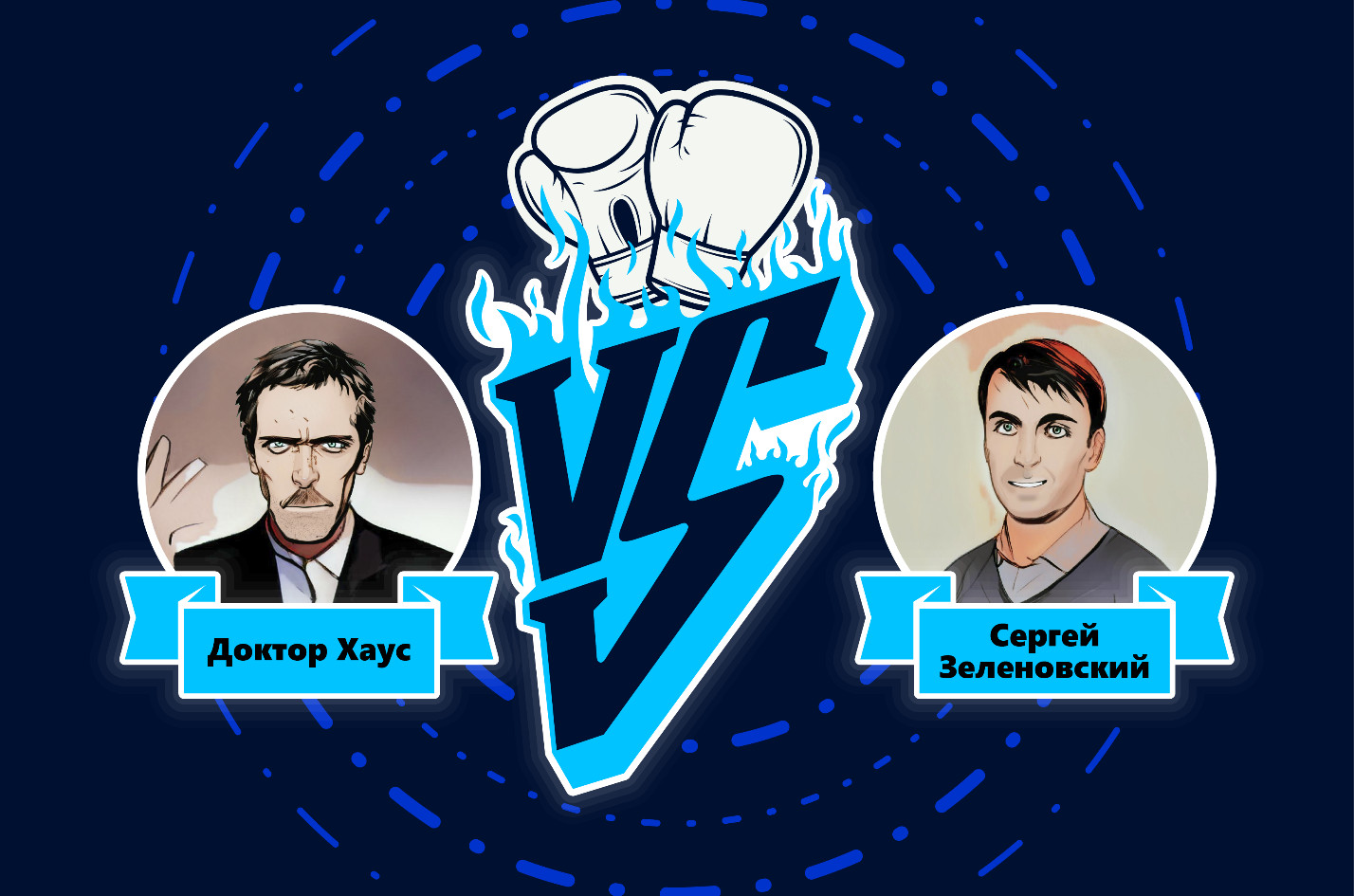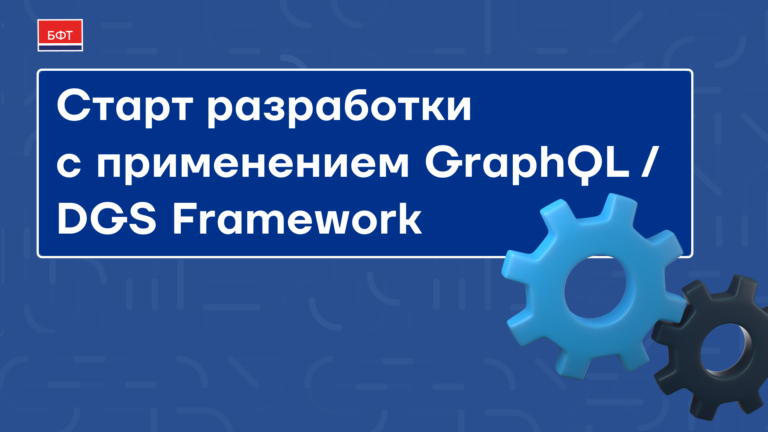Team motivation and reputation: how not to lose these treasures in long-term projects
Working on short projects is like a holiday romance. We met, the events spun, at the peak of emotions they waved to each other. It’s another matter if the project lasts for years. Then the joint project team lives the fuse at the start, and then goes through several crises as a real married couple. In such stories, the project manager will not be able to just keep track of “done / not done”. With particular zeal, he needs to ensure that the team’s motivation is not blown away, and also to maintain the reputation of colleagues in the eyes of the client. How? I share my experience.

Even before I started working at Jet Infosystems, I was in charge of a project for the construction of a large data center. Imagine: a data center with a capacity of several MW in a five-story building, a cool team, many zeros in the contract. The client hired a technical customer who was supposed to control the executor, that is, my team. This was the first step towards lowering the reputation. In these conditions, it was first necessary to go through several rounds of approval from the technical customer, and then directly from the client. From the very beginning, the project began to fall into the bureaucracy. Then the internal control department added stress to the client’s team, which made the employees a nightmare. Their motivation to implement the project tended to zero, because they wanted more to avoid problems than to build a data center. Several times the client’s team changed, and new people, trying to show their competence, drowned everything that had been done before them. As a result, the data center was redesigned several times in two years, but it was never built. This fiasco once again convinced me how important the reputation and motivation of the team in the execution of projects are – these are the very wings that can take you far to the happiest ending.
Employee motivation on a long project, it is always a variable quantity, and it must be carefully monitored and supported, not allowing only embers to remain from the initial enthusiasm.
Expert group reputation – a miraculous ingredient. In different dosages, it helps to reduce the time for making a decision by the customer, increase the efficiency on the project and, finally, create comfortable conditions for working with the client.
Shirt vs reputation
Reputation in projects is a great prerequisite for comfortable work. As in a joke, when a dude bought a new Rolls-Royce, drove 100 miles, and he received a call from the salon:
– Sorry, you have a car without an engine. We will come now – we will fix everything.
– WTF ?! How did I go 100 miles?
– On the reputation.
With a strong track record, it’s easier to resolve any problem. On long projects, both feats and failures happen. The paradox, but the damaged reputation of the performer harms not only himself, but also the customer. For example, if the reputation of experts has suffered, then the approval of their proposals may be delayed: more and more new questions will arise on technology, efficiency, etc. And sometimes the logic of interaction breaks down – the customer may require the use of some familiar solutions simply because he does not trust the project team. And from this it is his, the customer, the business results that can suffer.
Alfred Nobel once said that a good reputation is more important than a clean shirt. The shirt can be washed, the reputation never. With all due respect, Mr. Nobel, this is not the case. If a person is somehow unsuccessful on the project, I take him away from the “first front line”. The employee does not meet with the client, does not participate in planning meetings. At this moment, I am doing everything to ensure that highly reputable specialists contact the customer, even if they are not deeply immersed in the context. They can always take a break and prepare answers to any questions.
Out of sight, out of mind – the simplest thing in my scheme. It is more difficult for a fined employee to regain trust. I usually start doing this when the situation is already somewhat forgotten. This employee becomes the mouthpiece of good news: reports on the successful completion of the stage, reports on the solution of some problem ahead of schedule, etc. But in meetings with a client, I keep a close eye on the atmosphere. If I am about to sparkle, I am always ready to take a hit on myself (after all, a stable psyche is one of the main working tools of the MP) or make a joke to defuse the situation, even if over myself.
Rookie curse
It would seem that a new member of the executing team should be perceived by the customer as a tabula rasa. In my experience, a newbie enters a project with zero or even negative karma. Is he competent? Can you trust him? Therefore, the input of an unfamiliar fighter must be under special control. I prefer that all communications between the new employee and the client go through me, the project manager. At first, such overprotection helps a colleague not to make mistakes and at the same time to understand the unspoken rules of interaction in tandem with the customer, to gain confidence faster and fit into the team game.
By the way, I use this scheme even if a new employee appears on the customer’s side. I establish contact with him so that the person can get a preliminary reaction to his question and not get into an awkward position discussing it with the joint project team. And my main task in this communication is to reduce the level of his stress from changes, to show that we are interested in the result and sincerely invest in what we are paid for: we make IT solutions that move our client’s business.
Set fire to motivation
The second ephemeral dimension of any long-term project is motivation. This is an even more capricious lady than the reputation of a group of experts, because she is able to evaporate out of the blue or even when things are going great. The fire in the eyes of the team goes out if not supported.
How to understand that motivation is decreasing?
More often, there is a gap between the planned and actual deadlines for completing tasks. Sometimes the terms “go” for objective reasons. But if there is no clear justification for the failure of the deadline – alarm! – you need to measure the pulse of the very motivation.
More micromanagement and bureaucratic work in the life of a project manager. When employees do not get a response from the client, send their proposals, and they drown in correspondence, the project manager needs to connect at the “push” level. But this can be done by the engineer or architect involved in the project. When tasks are sagging and bureaucracy is shifted to the MP, then the team or its individual members lack enthusiasm.
The project participants do not defend their proposals. If the outcome and the process become unimportant, people do not waste energy defending their ideas. Conversely, motivated employees can even be uncomfortable when they are almost ready to fight for their decisions with swords. They argue, argue, sometimes go into conflict, proving the advantages of their proposal, telling what it will give the client now and in the future. The main thing is that people take responsibility for recommendations.
Pain is the best motivation. Dr. House may be right, but on long projects it doesn’t work. Over the course of my practice, I have developed some of the most effective ways to support inspiration from colleagues:
Count all the merit… Even minor overtime for an employee should be counted and turned into income. The time spent on a project outside of work may be insignificant: today is an hour, tomorrow 30 minutes, but in total a decent amount accumulates in a year. The one who realizes his value for the company works well and for a long time. And although the conversation here is in the language of money, they do not show the cost of labor, but the significance.
Get a thank you from a client… The meaning of “thank you” can hardly be overestimated. This is a very powerful motivating force. Yes, I ask customers to sign letters of thanks with the names of colleagues who have distinguished themselves on the project. But everyone benefits from this! Firstly, the customer signs only those letters of gratitude with which he agrees. Secondly, in our company, management often pays bonuses to proven employees. And thirdly, visibility is good for a career. Who will be promoted in the company? Someone who constantly flickers among the heroes.
Celebrate achievements – big and small… On long projects, the ups and downs easily turn into a boring routine. This is why it is so important to see and celebrate small successes. From time to time, my team and I celebrate a victory over a difficult task. Once we fought for half a year with one problem: we created clusters in a virtual environment with quorum disks placed on external high-end storage systems. The project is unique. Tested many times, received comments, tested the improved configuration again. The guys showed themselves excellently – they went to the goal with incredible will. When we finally finished this task, it seemed that no one had the strength anymore. We threw a party in a pub, and the head of our division joined us. Over the beer they summed up the big and difficult work, and the team received not only bonuses, but also moral satisfaction. The next day it was no longer a team tired of a difficult race, but ready for new adventures.
Maintain the burning of the MP’s heart… A team cannot be inspired and enthusiastic if its leader is apathetic and has lost interest in the project. Therefore, the task of the leader is, first of all, to feed his motivation. I myself am energized to build personal communications according to the formula, as in the film “Mimino”: “Listen, when it’s pleasant for me, I’ll take it so well! .. that you will also be pleased”.
Human first
Project management methodology says that you need to spend at least 30% of your time on communications. But my practice shows that in reality it can be much more. And my main focus is to maintain the proper level of motivation and reputation of the team.
But this is my personal story. I wonder what you (or your project manager) are doing to make the team’s eyes shine and their work on the project to be as efficient as possible?
Author: Sergey Zelenovsky, Project Manager of Jet Infosystems




